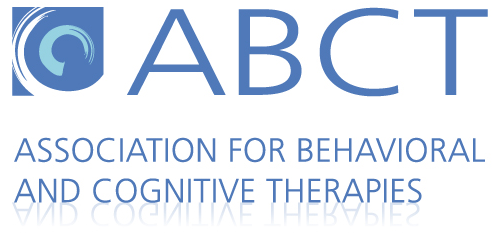Applied Behavior Analysis
Created on August 5, 2017. Last updated on January 11th, 2024 at 12:28 pm
 What is Applied Behavior Analysis?
What is Applied Behavior Analysis?
Applied behavior analysis (ABA) uses learning principles to teach socially significant behaviors in real-life settings. For example, if a behavior is followed by a reward or reinforcement, it is more likely to be repeated. This principle also applies to less desirable behaviors that are inadvertently reinforced.
This personalized, adult-led intervention addresses communication, social skills, self-management, cognition, and pre-academic skills such as imitation, matching, letter, and number concepts. When used with younger children, ABA interventions are often referred to as “early intensive behavioral interventions” (EIBI). ABA is considered an effective treatment for autism spectrum disorder.
Teacher-implemented, Focused ABA with Developmental Social Pragmatic
Teacher-implemented, focused ABA with developmental social pragmatic is another form of ABA that has been shown to work in treating social-communication skills associated with autism spectrum disorder. This type of therapy involves the same principles as ABA, but includes focused treatments delivered by classroom teachers. It employs joint engagement in play activities with parents and teachers that positively impact social-communication skills in children.
Source(s): Smith, T. & Ladorola, S. (2015). Evidence base update for Autism Spectrum Disorder. Journal of Clinical Child & Adolescent Psychology, 44(6), 897-922. http://www.tandfonline.com/doi/full/10.1080/15374416.2015.1077448







